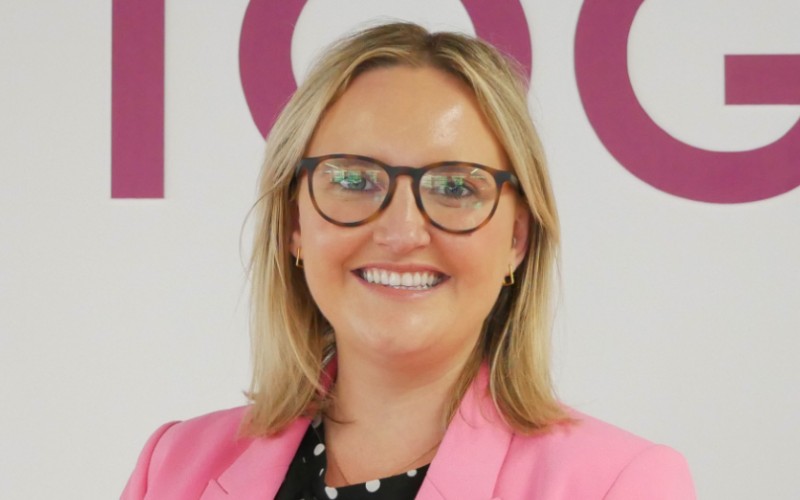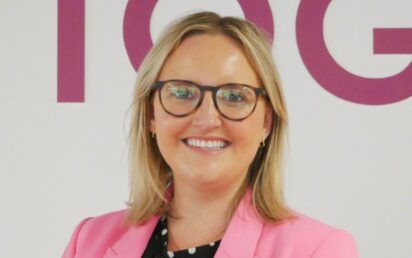Manchester-headquartered tech consultancy Grayce is expanding its services to support the major programmes of global clients in the US.
With more than a decade of experience in the UK, and with 117% growth over the past two years, the US launch marks a significant milestone in Grayce’s growth and global presence.
Grayce says its expansion state-side is a logical step to support their largest clients where the US market is fundamental to their ongoing success. Grayce will give their largest clients the opportunity to tap into its talent pipeline of high-quality, cost-effective graduates.
It already works with leading colleges to recruit top-quality talent and develop them into credible change and transformation professionals.
Initially concentrating its activity on the East Coast, Grayce will support modern business transformation programmes in major sectors such as finance, pharmaceuticals, and insurance.
“This is a fantastic opportunity for Grayce, and I’m really excited about being part of this journey. I have been with the business for a decade and, having gone through the graduate programme myself, I know first-hand the impact Grayce analysts have,” said Mel Burke, Grayce’s vice president of US operations.
“We know that coming out of the pandemic, organisations of all types have experienced challenges delivering their business-critical change and transformation programmes and are struggling to find high-calibre talent and build long-term capability for delivery.
“75% of US financial sector employers, for example, report difficulty finding skilled talent, while less than 25% of those working in insurance are under 35 years of age, ringing alarm bells for the future of the industries.
“At Grayce, we work directly with organisations to ensure our Analysts have the appropriate competencies, and are highly trained, mentored, and managed. It’s an effective alternative to costly, short-term hires and means we’re now delivering change and transformation for the world’s most ambitious organisations.
“As employers, taking proactive measures is not just about improving the bottom line, either. We know that cross-generational collaboration can enhance ED&I and foster a culture of learning and innovation; all critical success in today’s economy.”


